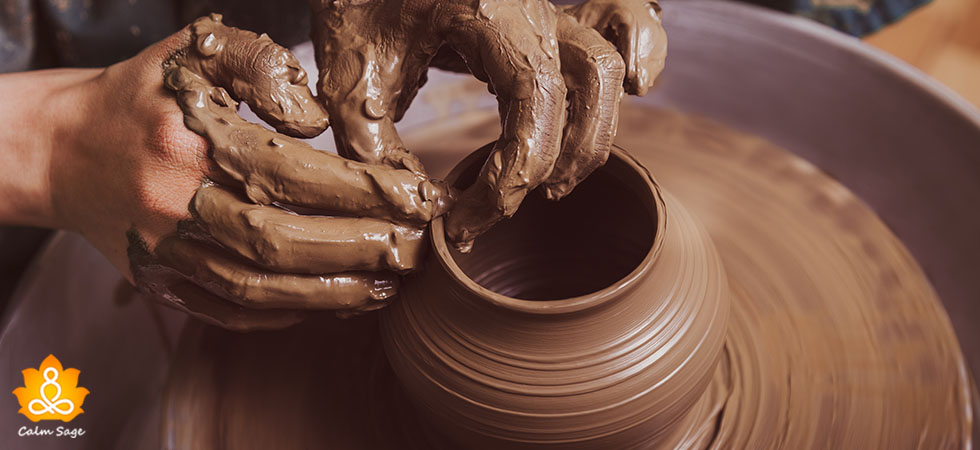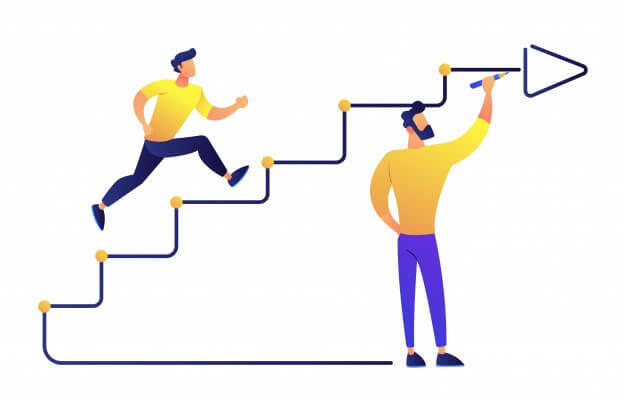The Truth Behind 10,000 Hours Rule | Learn To Master Your Skills Now

Have you heard of the 10,000 hours rule?
And no we are not talking about Justin Beiber’s song. We are referring to the 10,000 hours rule to mastery. If you are practicing it then it is time for you to stop going on that path and bring your focus on the right one. But, before we understand what it truly takes to master a skill let us see what 10,000 hours rule is all about!
What is the 10,000 hours rule?
It is a common rule of thumb that claims that to master anything in life all you have to do is spend 10,000 hours on it. After that, you will be mastering that skill! So, according to this rule, you have to spend 1 year and 51 days of deliberate practice to become world-class in any field.
Now if you are thinking where did we get this rule wrong read further!

Where did the 10,000 hours rule come from?
The concept of 10,000 hours rule was first proposed by Malcolm Gladwell in his book (one of the bestsellers) Outliers: The Story of Success. He came up with this book and the rule after he analyzed different findings.
These findings include:
- Most accomplished violin students put in 10,000 hours in practice by the time they turn 20.
- The Beatles put in 10,000 hours of practice before playing in Hamburg.
- And more.
But with recent studies analyzing the same studies in more depth, the loopholes started to emerge. Such as,
He misunderstood that the violin students individually invested 10,000 hours on their skill. Whereas it was an average number of hours spent by all students. Surprisingly, half of them hadn’t put in even 10,000 hours.
What are the Loopholes in the 10,000 Hours Rule?
Previously believed as the magic number of greatness has recently lost its charm as the new studies demystify it! Here are some of the major loopholes of the 10,000 hours rule.
- According to this rule, mastery is a destination. You give your 10,000 hours to a task and yay mastery achieved. On the contrary, it takes a lifelong journey to greatness.
- The journey of mastery doesn’t depend on a formula. You have to be consistent, reliable, and seek constant improvement.
- The 10,000 hours rule promotes that it is all about practice. The more you practice the better you become at it. Well, of course, it holds true at its place but practice alone might not be enough. The other important factors that go missing here are feedback, inherent factors, resources, and more.
What is a Better Alternative to the 10,000 hours rule?
But wait, if the 10,000-hour rule is not true then how are we supposed to master a craft, a skill, or a talent of ours? Well, have you ever heard of the phrase “where there is will there is a way!” The same applies here as there are other ways to master a skill!
1. Start small with the 21/90 rule
Instead of hitting 10,000 hours straight how about starting small? The best way is to start small with the 21/90 rule. Ideally, the rule is used for changing habits but here is how you can master a skill through it. Pick a skill you want to master. Now for 21 days straight practice it straight without any break.
Next, practice it for 90 days (again without a break). This way that skill becomes a habit for you to practice on a daily basis, it becomes a part of your lifestyle, and an integral part of your life. And then there won’t be any stopping!
2. Create A Routine

If you are going to invest all of your energy on the logistics then how are you going to invest time and effort on your skills? So, put aside your daily worries of when, where, how long, and how often you have to work on a skill by setting up a routine.
This will not only help you save your mental energy to invest in the skill but also create discipline in your life. Even most of the athletes and other experts have a set routine for their practice, and they claim that it has aided them to master their skills.
3. Work On Creating Growth Mindset

Of course, there is a set way to practice and perform a skill. But, is that the only way? Probably not! There is always room for creativity and imagination which you should keep open. Mastery definitely doesn’t mean restricting yourself with the same old regime, add your new element to it, and connect better with the practice.
This can be achieved by having a growth mindset. You can also practice the growth mindset affirmations. It will give your brain a hint that you are working on closing the gap between where you are now and where you want to be.
4. Coach under someone with an expert eye

Remember the loophole in the 10,000 hours rule? It doesn’t take other factors responsible that lead to mastery of a skill! One such factor that other researchers found most accountable for mastery is “Feedback.” Now often you will have an in-built feedback loop like getting claps on your dance performance.
But, the best feedback loop comes from a field expert, from a master himself! By having a coach or teacher by your side you definitely learn the most valuable lessons but also get a reflection on your growth.
Plus, a coach can always improve your quality of practice through their expertise. So, having feedback and a coach to guide you through your mastery can do wonders!
5. Don’t Underestimate Your Inner Strengths

Another important factor that goes missing in the 10,000-hour rule is your inner strengths! Along with spending your hours on practicing a skill, do take into account your inner strengths.
Remember it is both nature and nurture that is responsible in bringing the best out of you. So, take into account your inner strengths and never underestimate them.
Don’t limit yourself in the time constraints, just set your wings open and take a flight to master your skills.
More power to you…





















Though I truly believe the hard work to be the only way to succeed, 10,000 hour technique doesn't really says it all.
I Never Heard of This Rule. This seems quite intresting. Thanks for Sharing Anjali this idea. This is indeed important.
Haven't heard about this earlier but indeed a good read.
Never heard of this... seems quite interesting ✌🏻
I found the 10,000 hour rule to be very motivating. After doing the math, I started to practice 8 to 12 hours a day for a years straight.
I agree with 21/90 rule however refrain to believe that every task takes 10,000 to master. I mastered a lot of tricky things overnight. That's just my opinion, I don't mean to challenge the science behind it.
We become what we repeatedly do. Successful people are simply those with successful habits.
Only heard about it & that too a couple of years ago.. didn't know the importance. You guys thoroughly explained here with examples.. thank you
I have to agree that it is not the 10,000 hour rule but the small and consistent steps that makes difference.
Gladwell considers 10000 hours rule as a key to success. In his popular book "Outliers" he has explained various things related to it.